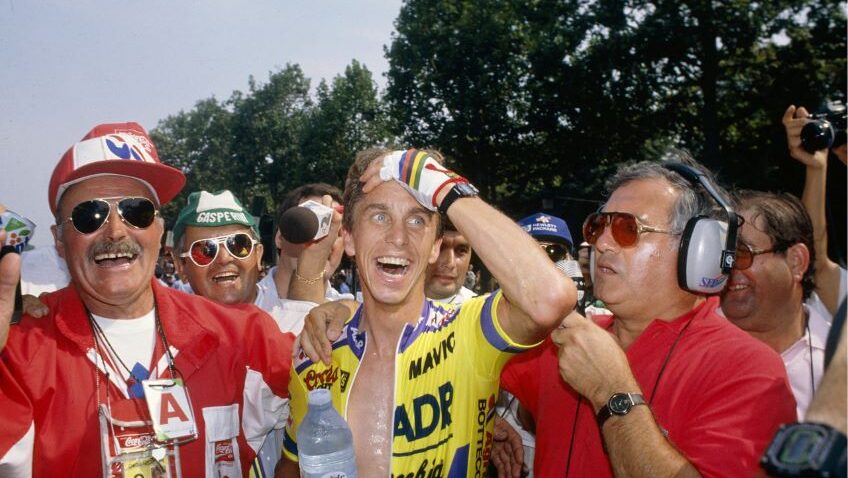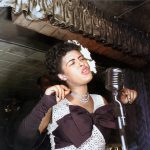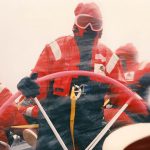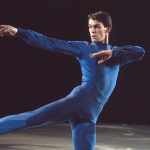Joyce Glasser reviews The Last Rider (June 23, 2023) Cert 12A, 89 mins. In cinemas.
It’s hard to beat director Alex Holmes for inspirational and thrilling sports documentaries that focus on luminaries marked by discrimination or handicaps. After The Ice King (2018), the incredible story of gay figure skater John Curry and Maiden (2019), the story of Tracy Edwards first all-female crew in the Whitbread Round the World Race, he delivers The Last Rider. This is the engrossing story of the first and only American to win the Tour de France – with dozens of shot gun pellets in his back and legs. Let’s credit Producer James Erskine whose documentary Pantani: The Accidental Death of a Cyclist established him as a producer who knows his way around the most gruelling European-centric sports event imaginable.
To draw us in, the film begins near the end, in the 1989 closely contested Tour de France where the jovial but fiercely competitive defending champion Pedro Delgado (who lost 8 minutes at the start by being late) is facing stiff competition from Laurent Fignon. Fignon won the Tour in 1983 and 1984 and, after winning the Giro d’Italia in 1989, was a favourite for the Tour, all the more so as he was French.
Then there is Greg LeMond, not a wild card, as he won the Tour in 1986, five years after turning pro, but not a serious threat either. That is because in 1987 he was almost killed by his brother-in-law in a hunting accident, that left him with catastrophic injuries and his two-year recovery period was not over.

News footage shows us the announcer at the pivotal Alpes d’Huez stage of the race, where the winner is usually decided, saying ‘it’s going to be the most exciting Tour de France finish in history’. Greg is heard: ‘To win the Tour was my dream. But nobody had any clue what I was going through physically and psychologically. You can only handle so many blows.’
The blows he refers to are not only the accidental shooting in 1987, when he only went hunting to please his close-knit family. His wife Kathy, who disappointed her family by giving up university to marry Greg at 19 and accompany him to Europe, alternates with her husband, now 62, as the main narrators of the film. The third narrator is the former rider and cyclist’s team manager Cyrille Guimard.
After the accident, the team added insult to injury by sacking Greg. The loss of income, which had supported the extended family, landed Greg in a depression that brought back buried memories of child abuse. He never dared tell his parents and only Kathy new. Kathy explains that cycling made him feel confident and strong, and he could bury the feelings of guilt, shame and weakness that accompanied this traumatic experience.
Greg LeMond never dreamt of winning the Tour de France not just once, but three times when he was a young boy. When his family moved from LA to a ranch in the Sierra Nevada mountains, his father took him skiing and Greg became passionate about the sport. He cycled in the hills to school and after skiing he and his father would cycle long distances. ‘It was like riding in the Alps,’ Greg recalls and we became addicted. It was no doubt significant that Greg was doing this activity with his father as most boys want to please their fathers and make them proud.
Soon the passion for skiing gave way to cycling and Greg was winning all the races he entered in the Junior Category. His coach wanted him to go to the Olympics, but at 18 he went to Europe for the first time to watch the Tour de France and wanted to turn pro.
Greg recalls that 1979 was his best year for racing to date, and an even better year because he met Kathy, who was instantly smitten by his good looks and positivity. Within six months they were married. A month later they flew to France for training under Cyrille Guimard (who scouted him) for the Renault-Elf-Gitane team. Guimard told him, ‘You have the thirst to be a great champion.’

But that fire was extinguished by the treachery of “teammate” Bernard Hinault whom he considered his friend and mentor. After helping Hinault win his fourth Tour de France it was Greg’s turn, but Hinault aggressively sought his fifth title. At that time, another younger rider, Laurent Fignon, turned pro and his competitive spirit was closer to animosity toward the American golden boy and remained that way, culminating in a smear campaign in the 1989 Tour. Guimard shrugs his shoulders: ‘show me a team with no egos and I’ll show you a losing team’.
Greg was away from Kathy 100 days a year training and missed the birth of their son Jeff. Another child was born prematurely and Kathy was rushed to the hospital just as Greg was rushed to the same hospital from the hunting accident.
After the accident no team wanted Greg. The family were nearly broke and moved to a caravan in Montana to allow Greg to recover both mentally as well as physically. Eventually, he joined a Belgian team called PDM but when they were investigated for doping, he left. He joined a fly-by-night team called ADR that paid barely enough to support his family but it enabled him to resume racing. He set his sights on the 1989 Tour de France but raced horribly in the Giro d’Italia, but Greg is not a quitter.
The bulk of the film focuses on the thrilling 1989 Tour de France, the closest contested race in history, when, after 2,000 kilometres of racing, the race would be decided over 24 kilometres and a 50 second gap. The race, in which Delgado, Fignon and Greg put on and took off the Yellow Jersey multiple times, was deemed finished at the Alpe d’Huez. Fignon wore the Yellow Jersey for the last two stages.
But Fignon, had never won a time trial against Greg LeMond. Moreover, unbeknown to the riders or officials, during the race Fignon was diagnosed with Epididymitis, which was affecting his ability to ride. We know the outcome, but this is thrilling sports’ footage and an uplifting human story.




